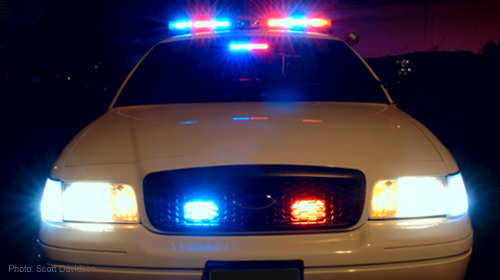U.S. Supreme Court Hears Arguments in Missouri v McNeely
At Issue is Whether DWI Suspects Can Be Forced to Provide Blood Samples Without a Warrant
FOR IMMEDIATE RELEASE
CONTACT: (212) 549-2666; media@aclu.org
WASHINGTON — ACLU Legal Director Steven R. Shapiro today argued before U.S. Supreme Court in Missouri v. McNeely to determine whether a motorist arrested for drunk driving can be forced to give a blood sample without consent and without a warrant in violation of the Fourth Amendment. The ACLU is representing the respondent, Tyler McNeely.
Missouri’s top court had unanimously rejected a contention by the state that there should be a categorical exception to the warrant requirement in all DWI cases. Indeed, 26 states already ban the drawing of blood without a warrant.
“I don’t think that the delays in getting a warrant justify the police sticking a needle in your arm because there’s no evidence that those delays interfere with the state’s ability to enforce drunk driving laws,” said ACLU Legal Director Steven R. Shapiro.
“The interest that is being preserved is a very important principle, that before the government conducts a search, and especially a search as intrusive that involves putting a needle in your arm over your objection when you’re restrained, that decision ought not to be made by the police themselves absent a true emergency, but ought to be reviewed and approved by a judge. That’s the principle under which our constitutional law operates,” Shapiro said.
Stay Informed
Every month, you'll receive regular roundups of the most important civil rights and civil liberties developments. Remember: a well-informed citizenry is the best defense against tyranny.


